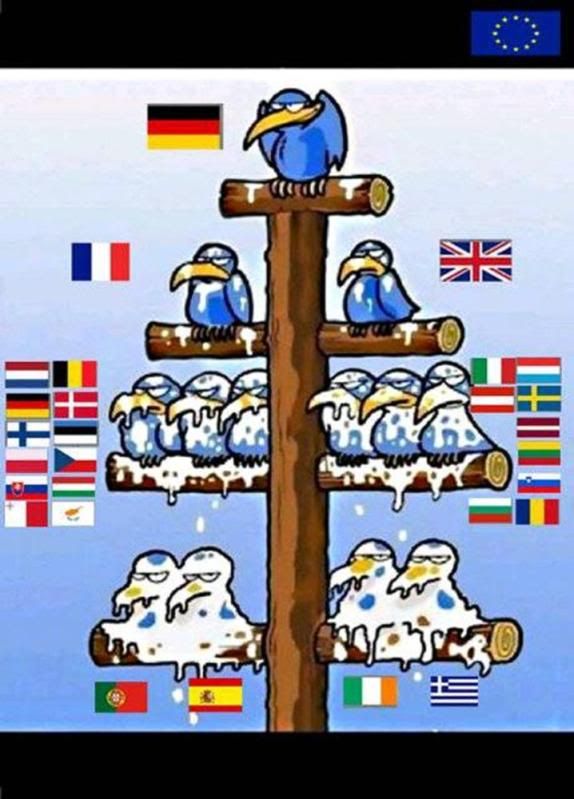Not being an expert historian Zollis, I venture to suggest an answer your question. Germany was under imminent threat of immediate invasion from the West more so than from the East. But how can any of us know why Hitler did what he did. Looking back, it often seems that his military choices were far from rational and often contrary to the advice of his Generals. Think of it like being attacked by two blokes at the same time. You would tend to hit back first at the guy who is stood nearest to you.
On paper though, Germany ought to have been able to repell the Allies during the Bulge. I like to think that the missing, uncalculable factor in our victory, was the strength of the average Allied Soldier (plus all of our Peoples in supporting roles) and their belief that they truly were defending the world from evil darkness. That was our real, combined, strength. I am not talking politicians. I mean the people. Again, the people. You know, we, the people.
On paper though, Germany ought to have been able to repell the Allies during the Bulge. I like to think that the missing, uncalculable factor in our victory, was the strength of the average Allied Soldier (plus all of our Peoples in supporting roles) and their belief that they truly were defending the world from evil darkness. That was our real, combined, strength. I am not talking politicians. I mean the people. Again, the people. You know, we, the people.

